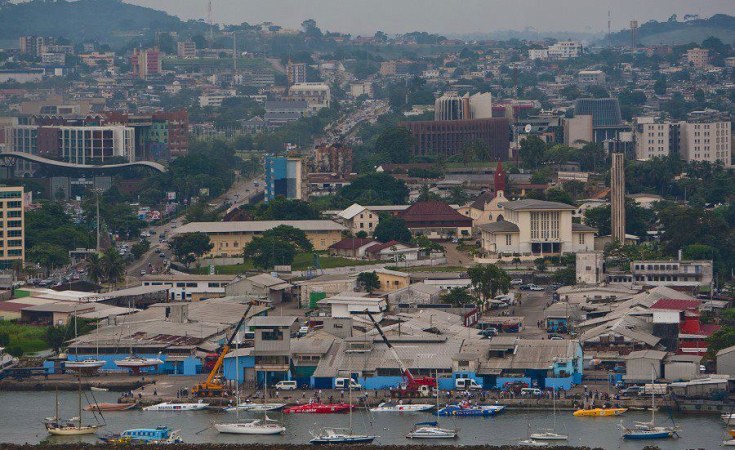Democracy is decidedly worse for wear in Africa following a set of sham elections in Zimbabwe and Gabon, with few bright spots in the upcoming electoral calendar.
When Secretary of State Antony Blinken articulated a broad vision for U.S. diplomacy on September 13 at the Johns Hopkins School of Advanced International Studies, he contrasted the United States' vision of "a world that is open, free, prosperous, and secure" with that of competitors who wish to create "a world where authoritarians are free to control, coerce, and crush their people." If prevailing in the struggle between these goals is the real animating force behind U.S. foreign policy, the administration must be terribly worried about trends in Africa.
In just the past few weeks, the world witnessed celebrations in Gabon in response to yet another coup d'état. It's not surprising to see the Gabonese people applaud change after over a half a century of the self-serving Bongo dynasty and its attendant corruption, but it's hard to imagine that a coup is a step in the right direction toward an open society. It is not meaningful to call for a "restoration" of democracy when the coup coincided with the announcement of dubious results from a highly questionable election, but it is by no means a safe bet that what comes next will prioritize popular will and justice. After all, General Brice Oligui Ngeuma, sworn in as head of the transition was part of Omar Bongo's inner circle. The names at the top may change, but it remains to be seen how serious the reform agenda really is, and whether the way the country is governed will be substantially different. After the putsch, the answers will depend on the whims of Ngeuma and his backers.
It's an indication of how bad things are that the worst governance story of the last few weeks may not be the coup in Gabon that disrupted a sham electoral process, but rather a sham of an electoral process that is being permitted to stand. While questions remain about Gabon's future, in Zimbabwe, a fundamentally flawed election yielded an entirely predictable result, and the country's governing elites have wasted no time proceeding with business as usual at the expense of the population. Both blatant nepotism and repression--including the arrests of human rights lawyers--have been high on the agenda in President Mnangagwa's new term. While numerous credible observers found Zimbabwe's August elections deeply flawed, including observers from the Southern African Development Community (SADC), thus far the region shows no will to do anything other than carry on as before. Instead, they seem content to let the only consequence of the whole episode be the army of online trolls now harassing the Government of Zambia for having the temerity to appoint a head of the SADC observation mission who played it straight.
The near future doesn't promise to bring much in the way of better news. Liberia's October general election will take place in a political context warped by corruption. The Democratic Republic of Congo's election, slated for December, looks to be deeply troubled, with the latest news that a presidential candidate has been sentenced to seven years in prison for insulting the president and spreading false rumors hardly indicating a context conducive to democratic accountability.
Africa is not becoming more open, free, prosperous, or secure, and too often, popular desire for change is finding expression only in support of new flavors of authoritarianism. The United States has to reckon with the reality that neither strong statements nor unilateral targeted sanctions are likely to tip the balance.


